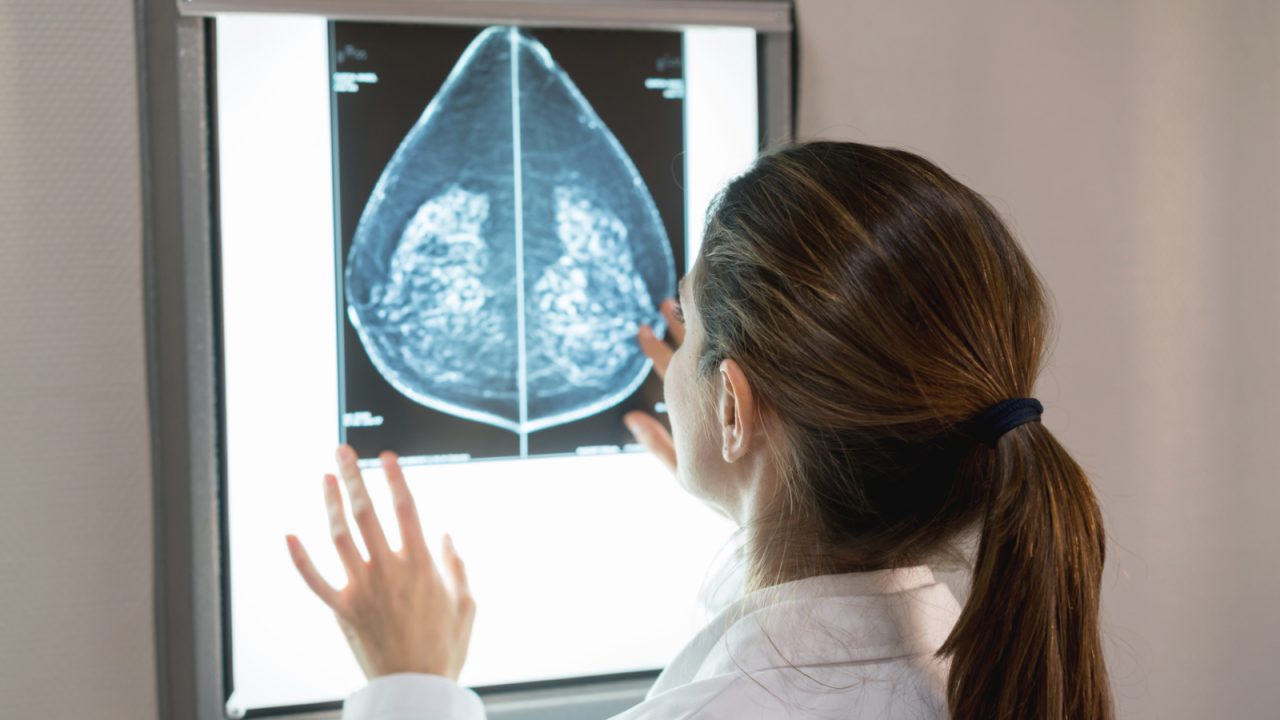Breast cancer could be halted in its tracks before infecting other parts of the body by adapting already established treatment methods, according Scottish researchers.
Scientists at the University of Glasgow believe immunotherapy targeting “gamma delta T” cells before they are allowed to let cancerous cells thrive may prevent the condition reaching metastatic levels.
If successful, the treatment may hold the key to ensuring the disease does not reach the lungs – at which point it becomes incurable.
Senior researcher Dr Seth Coffelt admitted the findings were at an early stage, but said it could lead to an “exciting” breakthrough in the way breast cancer is treated.
The potentially life-saving new discoveries, funded by Breast Cancer Now and Secondary1st, was published in the Journal of Experimental Medicine on Wednesday.
Mice were used to test the research and were treated with a type of immunotherapy called checkpoint inhibitors.
The treatment helps the immune system recognise and attack cancer cells, but can be prevented from doing so by gamma delta T.
Breast cancer cells are able to trick immune cells to release molecules which trigger gamma delta T cells into multiplying. This forms a new molecule called IL-17A which is known to benefit cancer cells and make immunotherapy less effective.
However, researchers found that, among the mice who had gamma delta T cells removed, the immunotherapy successfully prevented breast cancer from spreading as opposed to among those who were given the treatment with the cells.
It suggest that targeting these cells can support immunotherapy drugs like pembrolizumab (Keytruda) to be more effective.
Dr Coffelt, senior research fellow at the University of Glasgow, said: “For the first time we’ve managed to pinpoint exactly how gamma delta T cells can prevent immunotherapy from working.
“While this is early-stage research and we still have a lot of work to do to establish whether these cells work in the same way in women, it’s exciting to see there may potentially be a way to supercharge the effectiveness of immunotherapy treatments and ensure that more people can benefit from them.”
The next steps of the research will involve an investigation into cells in triple negative tumours which have been donated by patients.
Research on mice will also explore potential combinations of immunotherapy and anti-IL-17A drugs which already exist to treat certain autoimmune conditions such as psoriasis.
Dr Simon Vincent, director of research, support and influencing at Breast Cancer Now, said: “It’s vital we develop smarter, more effective treatments for people with breast cancer so these early findings which show how we may be able to boost the power of existing immunotherapy drugs are really encouraging.
“We know just how devastating a diagnosis of secondary (metastatic) breast cancer can be so to be able to help immunotherapy be even more effective at preventing the disease spreading may save lives in the future.”
Follow STV News on WhatsApp
Scan the QR code on your mobile device for all the latest news from around the country


 iStock
iStock
























